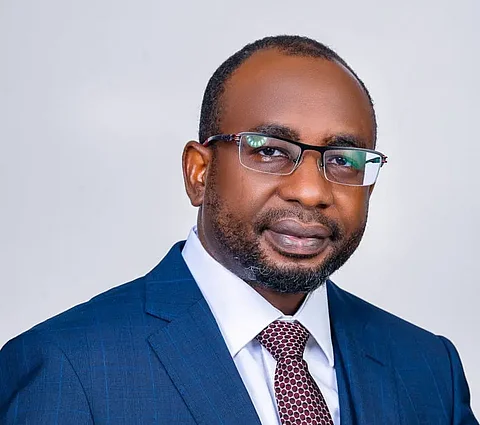

This announcement was made during a dialogue session focused on the National Digital Literacy Framework (NDLF), which was organized in Abuja through collaboration between GIZ/Digital Transformation Centre (DTC), NITDA, the European Union, and other partners. In his remarks, he noted that this market presents a significant investment prospect, particularly for the private sector.
Citing statistics from Statista and the International Finance Corporation, Inuwa revealed that by 2030, 28 million jobs in Nigeria and 230 million jobs in Sub-Saharan Africa will require digital skills. He said the government is committed to equipping Nigerians with digital literacy, enabling them to actively participate in the digital economy and bridging the digital literacy gap.
“We need to train and retrain 230 million people in Sub-saharan Africa, and to achieve that, we need to invest $130 billion. So, a lot needs to be done. A $130 billion market is not a small market, and the government cannot do it alone. The government is carrying the value but the private sector will be the one to capture the value. So, government is creating the enabling environment for the private sector to create that value”, he said.
“The government has come up with the National Digital Literacy Framework, and to create an industry that will train people. Creating that industry will unlock the market. We are in the process of doing that”, he added.
Abdullahi explained that the process would involve the private sector, Civil Society Organizations, and international partners in a participatory manner. He also mentioned that the digital literacy framework has a goal of empowering 95 percent of Nigerians with digital skills by 2030. This will be achieved through improved access, skills development, ensuring inclusive participation, and workforce readiness.
The Director-General emphasized that being illiterate is no longer limited to the inability to read or write but extends to those who cannot use digital devices. He called for a revision of the school curriculum, stating that it's necessary to prepare the education system to review the curriculum from kindergarten to university. The objective is to ensure that everyone in Nigeria becomes digitally literate.
